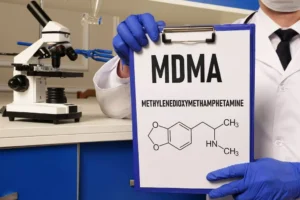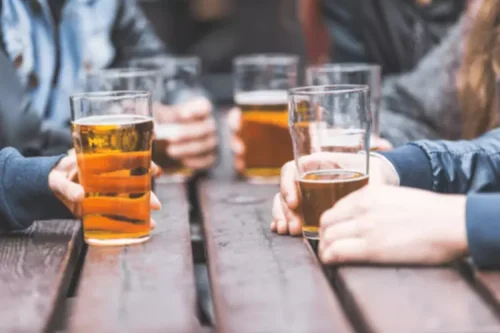
Although binge drinking can have negative health consequences, not all people who binge drink are necessarily addicted to alcohol. However, occasional teen alcohol and drug abuse can quickly escalate into teen addiction and have an impact on your home life. Further, the risk of developing a problem with alcohol use later in life is increased as well.
- Preventing underage drinking is essential to preventing alcohol and drug dependence in adulthood.
- If you do not have access to a phone contact Web Poison Control Services for online assistance.
- More than 15% of young adults met the criteria for alcohol use disorder.
Patterns of Adolescent Drinking
- Your goal should be to discourage further drinking and encourage better decision-making in the future.
- “[It] aims to introduce mechanisms to ensure the efficient and effective regulation of private health facilities, including mental health and alcohol and drug services.”
- Despite this, teenage alcoholism is a very real and common problem.
- Unfortunately, at some teen parties, the emphasis is on drinking to get drunk.
While there are a variety of reasons why a teenager may be at risk for alcohol abuse, the most universal risk factor is whether or not a teenager has a positive perception of alcohol. When answering the question “why do teenagers drink alcohol”, the most common reason is because they think that the perceived benefit of drinking alcohol is greater than the possible consequences or risks. This is possibly the only controllable internal risk factor for teen alcohol abuse because proactive education about the dangerous risks of alcohol abuse among teenagers can change a teenager’s perception of alcohol use.
What alcohol use disorder looks like
Underage drinking can have serious implications that may not show up until later in your child’s life. Around 10.2% of adolescents and adults (28.9 million people) reported drinking to the point where they met the criteria of alcohol use disorder. It’s important for parents to understand the reasons their child may experiment with alcohol. You should also know, how it can become an addiction and how to treat that addiction.
What the data show
Try seeking help from a sports coach, family doctor, therapist, or counselor. Working on developing boundaries and the ability to say no in uncomfortable situations can https://ecosoberhouse.com/ help your child deal with peer pressure and resist the need to drink. Blood alcohol concentration can continue to rise even when you stop drinking or are unconscious.


However, it is still important to know how alcohol affects your health, how to identify signs of a problem, and where to get help. The consequences of underage drinking can affect everyone—regardless of age or teenage alcoholism drinking status. Underage drinking is a serious public health problem in the United States. Alcohol is the most widely used substance among America’s youth and can cause them enormous health and safety risks.
- It’s important to remain calm when confronting your teen, and only do so when everyone is sober.
- Research related to drunk driving prevention is abound, but utilzing modeling and systems engineering provides new perspectives.
- Most importantly, playing an active role in child’s life by knowing their friends, participating in healthy and fun family activities, and having conversations about life in general can limit the risk for teenage alcoholism.
- Lastly, people who start drinking earlier in life have a higher risk of developing alcohol use disorder later in life.
- Many people with alcohol use disorder hesitate to get treatment because they don’t recognize that they have a problem.
- Allow your teen to talk and open up about their thoughts and opinions, and try to listen without being critical, disapproving, or judgmental.
- Things can change quickly in a teenager’s life, so keep making the time to talk about what’s going on with them, keep asking questions, and keep setting a good example for responsible alcohol use.
We can help you determine the next steps and if a teen alcohol rehab is the right solution for you. Don’t turn a blind eye to your teen’s alcohol abuse — get them the help they need. You can start by reaching out to us and we’ll help you take it from there. We surveyed 2,136 American adults who either wanted to stop drinking alcohol or had already tried to (successfully or not). We asked them about their alcohol use, reasons for drinking, alcohol-related outcomes, health and more. Mental-health professionals should not minimize the approach to those who have experimented with alcohol, since infrequent use can progress to the more serious stages of alcohol use if not addressed.

The more you understand about potential reasons for underage alcohol use, the easier it can be to talk to your child about the dangers and identify any red flags in their behavior. Facts About Teen Drinking is a resource for teens, created by the National Institute on Alcohol Abuse and Alcoholism, with research-based information on underage drinking. Either directly or indirectly, we all feel the effects of the aggressive behavior, property damage, injuries, violence, and deaths that can result from underage drinking. This is not simply a problem for some families—it is a nationwide concern.
This entry was posted on Wednesday, March 6th, 2024 at 1:01 pm
You can follow any responses to this entry through the RSS 2.0 feed.
Posted in: Sober living
